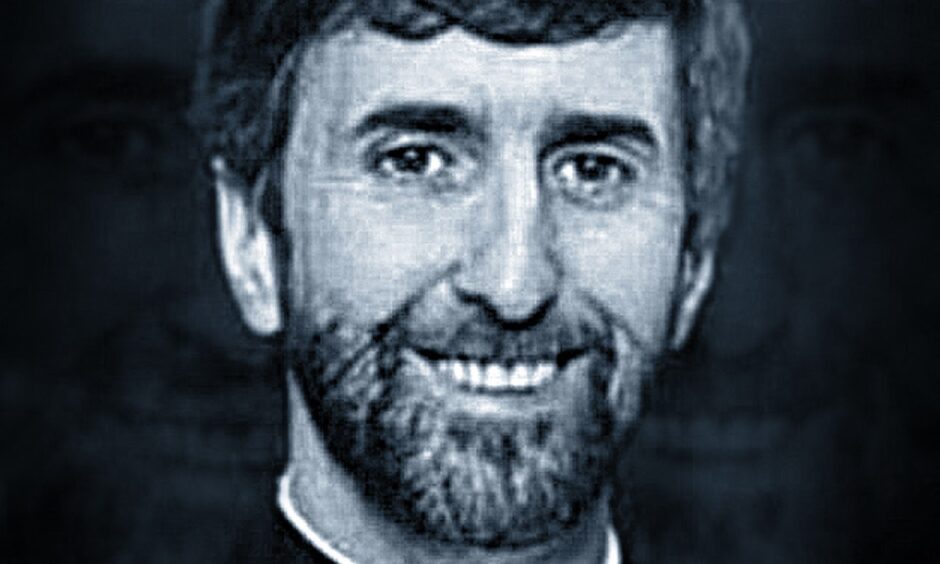
Murderer Andrew Hunter was branded an “evil, cold monster” after inflicting yet more agony on his dead wife’s family 35 years ago.
The depraved Carnoustie social worker made them re-live the harrowing details of Lynda’s killing when he appealed against his murder conviction.
Lynda’s father spoke of Hunter as a man the family had come to detest above all else.
Little wonder.
Hunter had strangled Lynda to death using her pet dog Shep’s lead after the pair had an argument in the car on the way to Lynda’s mother’s house in Glenrothes.
Lynda’s body lay among trees in Melville Lower Wood, Fife, for six months, until being found in February 1988.
In that time he played the part of the grieving husband and continued to have contact with the family, apparently sharing their hope that she would somehow turn up.
Hunter lodged an appeal after conviction
Hunter’s web of deceit unravelled and he was jailed for life at the High Court in Dundee in August 1988 after a jury returned a majority verdict.
Hunter claimed he was a victim of a miscarriage of justice.
The grounds of appeal were insufficient evidence being led by the prosecution and alleged misdirection of the jury by Lord Brand.
The appeal in June 1989 had been expected to last two days.
After almost a year in prison, Hunter had aged considerably, putting on weight and his short, cropped hair was greying and thinning.
Lord Emslie, sitting with Lord Cowie and Lord Clyde, took just minutes to reject two and a half hours of argument from defence counsel Lionel Daiches.
He said there was insufficient evidence to prove his guilt beyond reasonable doubt.
Mr Daiches said it was not enough for the Crown to say Hunter could have committed the murder, it was their duty to prove he had done it.
Mr Daiches also contended that the conviction should fall because Lord Brand had misdirected the jury in the part of his charge dealing with statements made by Hunter when quizzed by police about his wife’s disappearance.
Hunter claimed at the trial these statements were in no way an admission of guilt, but rather an expression of his worry that the police investigation was going to bring his sex life out into the open, with possibly damaging consequences for his family.
Mr Daiches argued that immediately after Lord Brand’s reference to these statements he should have drawn the jury’s attention to Hunter’s explanation for them.
Hunter’s web of lies were thrown out
“We have reached the conclusion without hesitation that the evidence fully justified the jury in returning the verdict which they did,” said Lord Emslie.
“The case was one resting upon circumstantial evidence.
“In our judgment, this was not a narrow case.
“We are certainly persuaded that the evidence before the jury was not only sufficient, but ample and eloquent of the guilt of the appellant.”
Turning to the alleged misdirection of the jury, Lord Emslie said they found the trial judge had followed “a perfectly legitimate course” during his address.
Lord Brand pointed out to jurors that if they accepted the accused as a “credible witness” then they were bound to have a reasonable doubt as to the Crown case.
When Hunter died prematurely in prison many dark secrets went with him.” Former journalist and author Alexander McGregor.
The appeal judges were also not persuaded of Mr Daiches’ claim that Lord Brand’s address had shown an “unfair bias” towards the Crown.
Hunter gave a wink to supporters sitting in the public benches as he was led from the dock to serve the remainder of a life sentence.
Family said Hunter was motivated by greed
Lynda’s parents welcomed the appeal rejection from their home in Glenrothes.
Dorothy Cairns said: “As you can imagine, we’re delighted with the outcome.
“It’s what we expected but the sad part is that nothing brings my daughter back.
“He is just an evil, cold monster and I feel life should mean life.”
She said he should never get out.
“He spent Christmas with us when he knew how sad we were,” she said.
“He knew I had been searching in the woods where Lynda was found, and that I could have come across her remains but he did nothing.”
Lynda’s father, Robert, said Hunter was “full of greed”.
“A year before she died he tried to get her to increase her insurance to £100,000.
“He was trying to boost his wages, that’s all,” he said.
Elementary mistake was killer’s undoing
Former Courier chief reporter Alexander McGregor has written extensively about Hunter in his best-selling book The Law Killers.
He said it was ironic that the man who went to such elaborate lengths to cover his tracks was largely convicted because of an elementary mistake, a fact highlighted by one of the appeal court judges.
“After killing his pregnant wife Lynda and concealing her body in a Fife forest, Hunter later drove through the night to abandon her car in Manchester as part of a carefully plotted red herring trail,” said Alexander.
“It was just one of the cunning steps he took to try to establish an alibi.
“After disposing of Lynda’s corpse, he set free the family dog Shep, who had accompanied Lynda on her supposed solo drive to visit her parents in Glenrothes.
“Before doing so, he removed the dog collar which the beloved pet was never allowed out of the house without.
“After returning home, Hunter tossed the collar into a corner of the family living-room, later to be found by the police.”
Dog collar slip-up was evidence needed
The prosecution latched on to this seemingly incidental fact and used it to demonstrate that Hunter had to have been in the car with Lynda when she and Shep disappeared.
He said: “Although most of those involved in the case had little doubt of Hunter’s guilt, there wasn’t an abundance of evidence of the kind needed to be sure of a conviction.
“The dog collar slip-up provided it.
“At the brief appeal court hearing, when Hunter’s pleas for release were swiftly rejected, Lord Cowie pointed out that there were possible alternative explanations for other main planks of the Crown case.
“But there was nothing to explain away the presence of the collar in Hunter’s house.
“It had to be that Hunter had put it there, positively linking him with Lynda’s fateful journey.
“In the end, it was that blunder which convicted him and which saw his appeal rejected out of hand.”
Murderer Andrew Hunter took his secrets to the grave
Hunter died of a heart attack on July 19 1993 in Perth Prison.
Alexander is convinced the full extent of Hunter’s abhorrent activities will never be known.
“He was described by the sentencing judge as man of exceptional depravity,” he said.
“It was an appropriate comment.
“When Hunter died prematurely in prison many dark secrets went with him.”
Alexander said Hunter’s death denied Lynda’s family the feeling they and their late daughter had received real justice for her.
“In a way, it was the final insult after a very distressing time for her parents and other family members,” he said.
“Throughout, they conducted themselves with great dignity and fortitude and few would argue they deserved to see Hunter pay the full price for his abominable actions.”
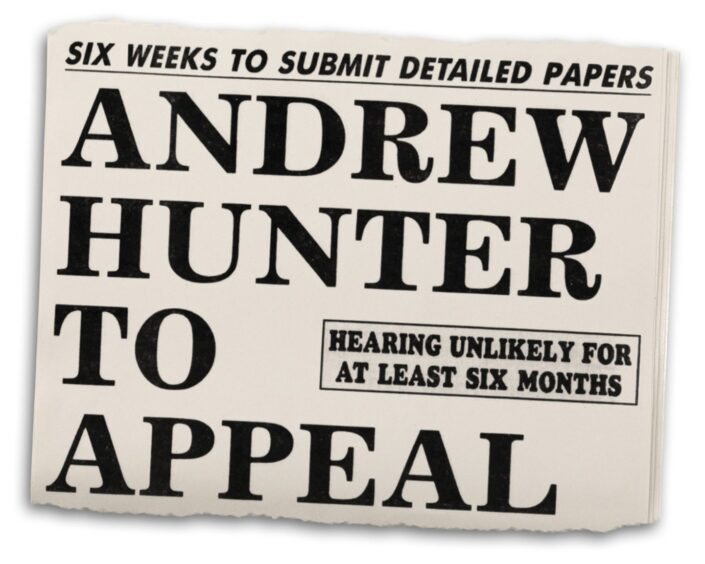
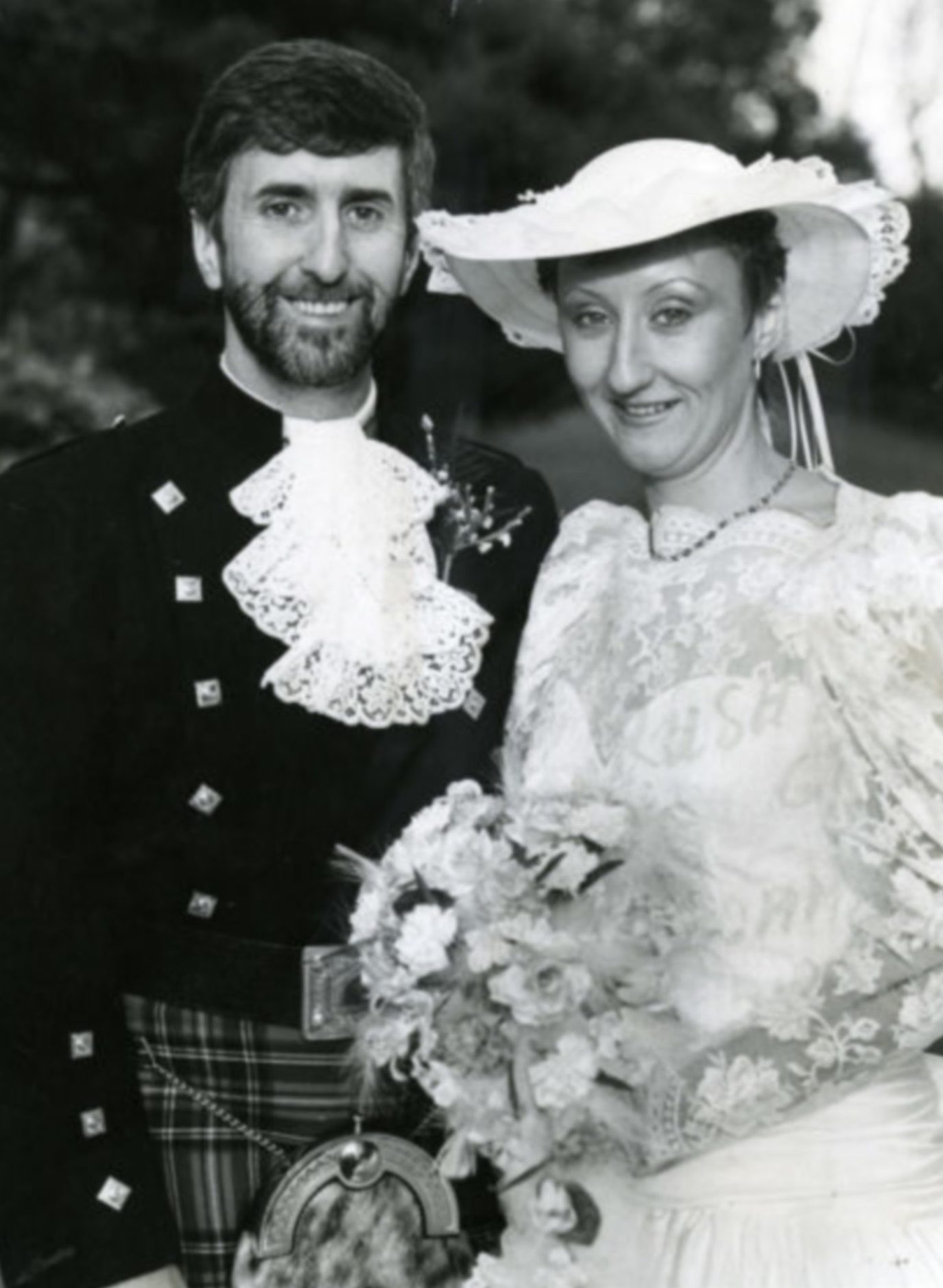
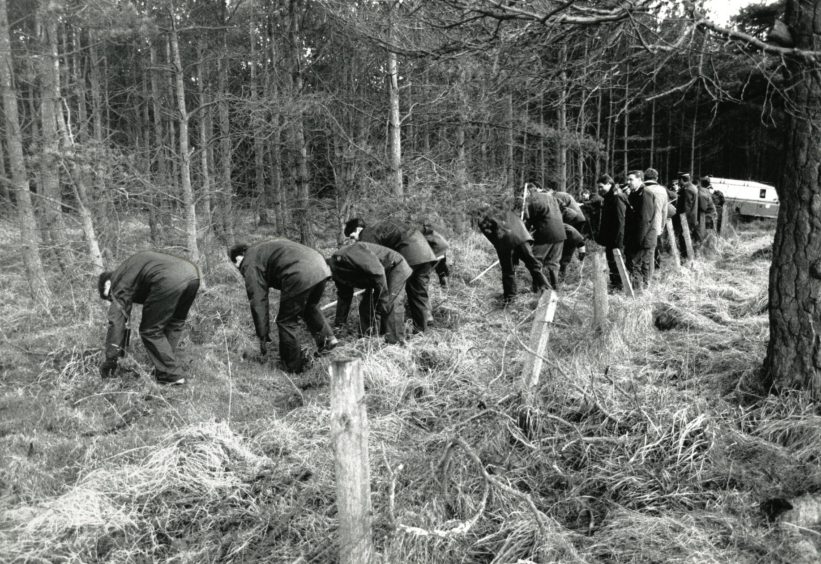
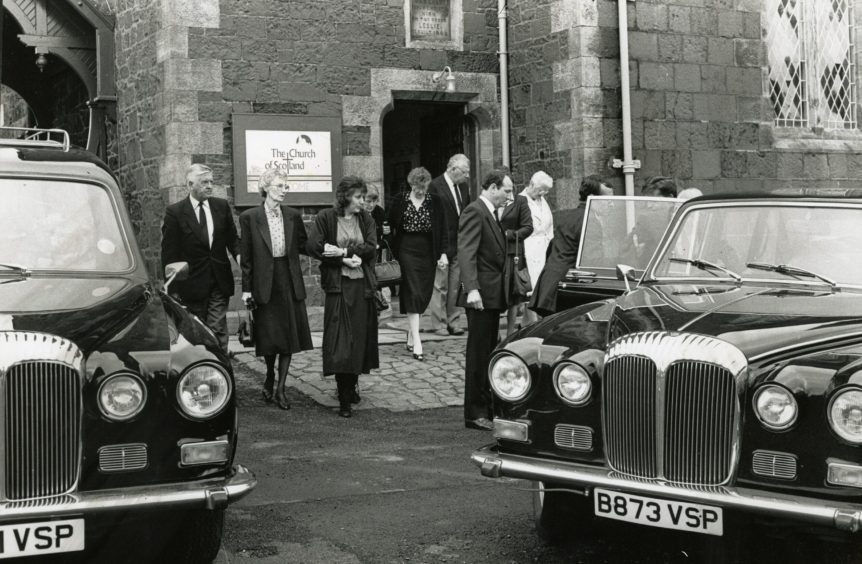
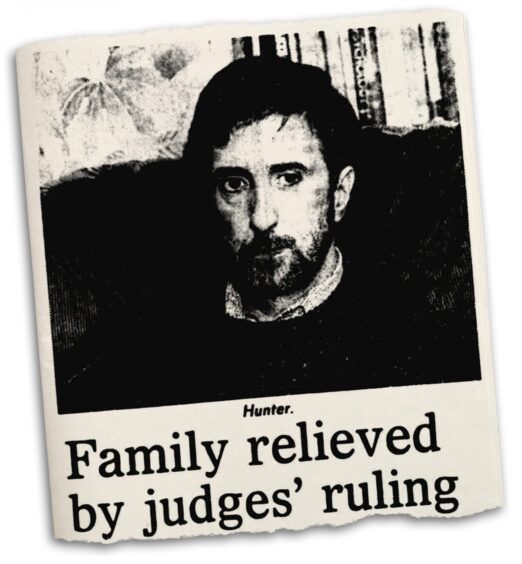
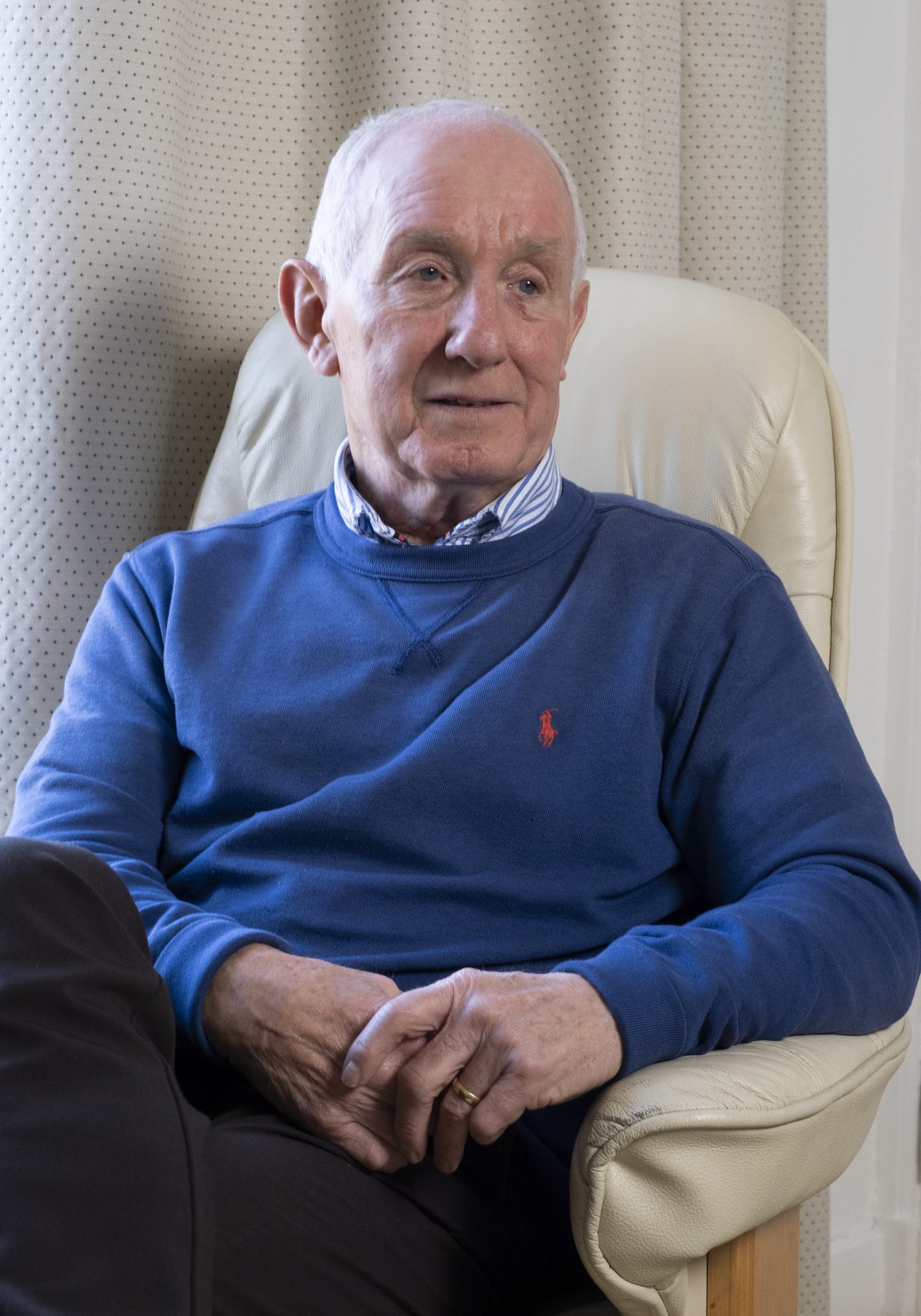
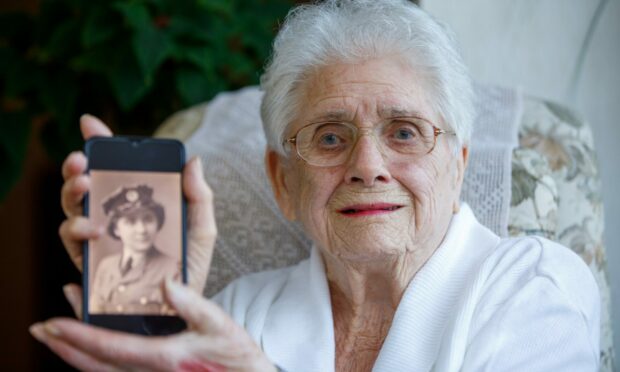
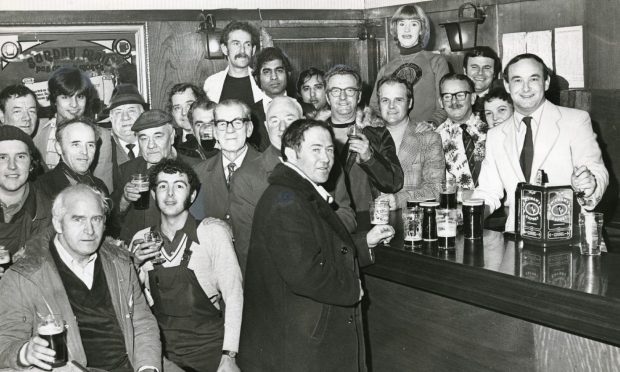

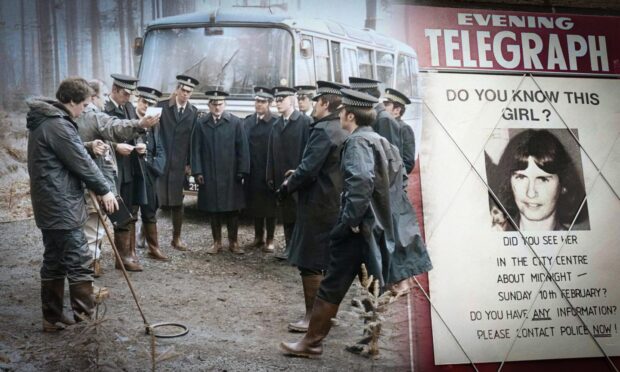
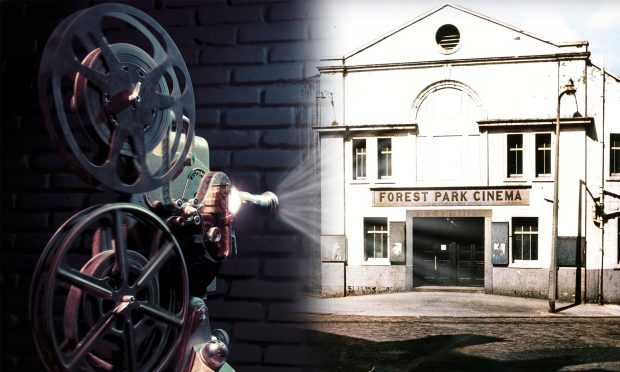
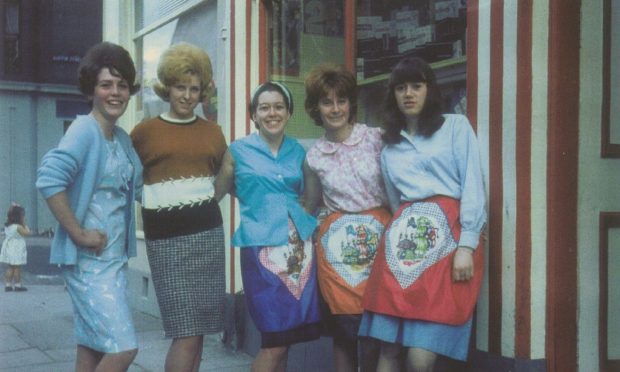
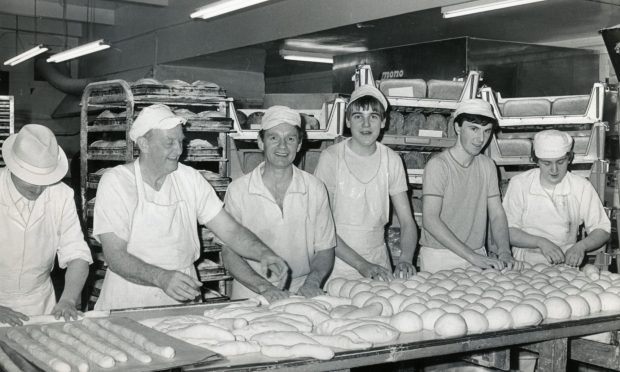
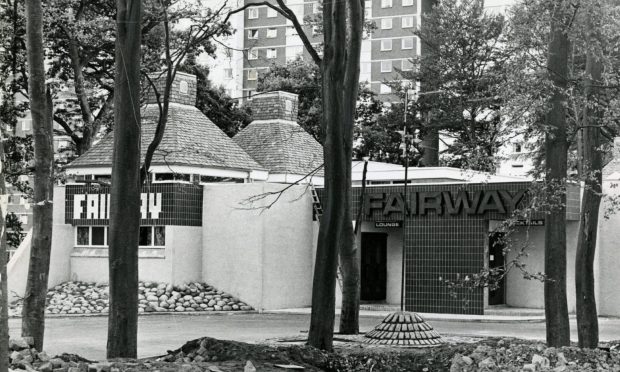
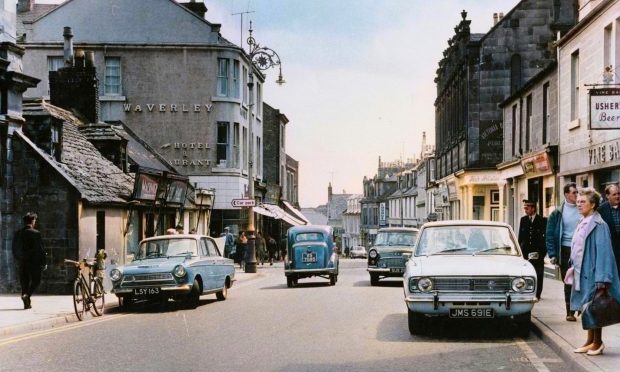

Conversation